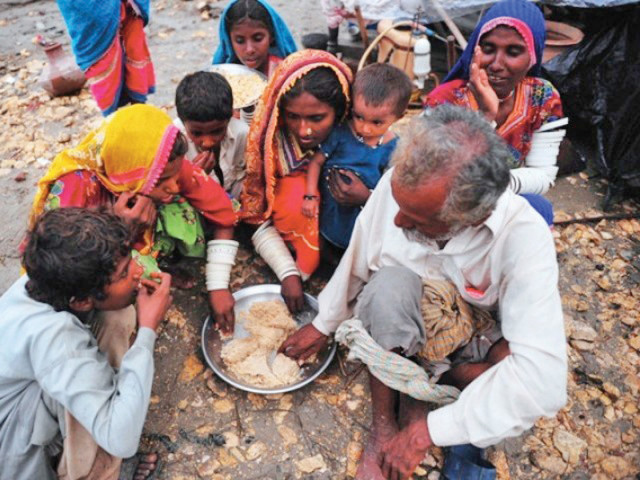Challenges: In quest for solutions to feed growing population
Latest technology, better management will avert threat of food insecurity.

How can we produce actionable solutions to feed the growing population of tomorrow? PHOTO: FILE
Looking at the future it concerns leaders from all aspects of the food supply chain, who grapple with issues having long-standing effect on the industry. Our goal is to supply adequate food to a growing global population, deal with declining resources and keep revenues healthy.
However, the question is: how can we produce actionable solutions to feed the growing population of tomorrow in a way that everyone can feel good about it?
The future of food industry will take shape in a world where climate is changing, biodiversity is deteriorating, contagious diseases are spreading more extensively and worldwide food sourcing is raising security and sustainability concerns. Recent migration drifts will generate new burdens as the rural-to-urban movement continues, which has been the main reason for the increase in concentration of population in small and big cities.
Pakistan is a developing country and agriculture is its most important sector mainly due to its primary commitment of providing healthy food to a fast-growing population. With the current rate of population growth, the number of people is expected to double by 2050.
With the rising population, the food demand of the country will naturally increase in the wake of improving consumption patterns and habits.
To meet the food requirements, the major focus of planners is on coming up with ideas to diversify agricultural production. Thus, the production system needs to be channelised towards higher production of fruits, vegetables and other high-value agricultural commodities.
Therefore, improving market infrastructure, arranging safety net programmes, provision of better education and health facilities could be the central elements of any strategy to reduce chronic food insecurity in both rural and urban areas.
The cultivated area has increased 40% in the past 60 years but on the other hand population has swelled four times, which is putting extra pressure on cultivated land.
Genetically modified crops
The extraordinary rise in prices of food poses another problem to food security. Pakistan should try to adopt new agricultural technologies in terms of genetic modification of crops that improves water productivity and brings breakthrough in the use of saline water such as GM crops which could contribute to the rise in food production and higher food availability. Doing this may also have an impact on food quality and nutrient composition.
Finally, GM crops will improve farmers’ income and their access to food. This technology has reduced food insecurity by 15–20% among cotton-producing households.
Moreover, farm households should be able to finance expensive inputs and diversify their livelihoods through an optimum mix of farm and non-farm sectors.
Unproductivity of agricultural activity has many causes – key concerns include distributional inefficiency, occupancy of land, water scarcity and low investment in production and technology.
Farm productivity should be improved by adopting practices such as tillage conservation, soil fertility management, soil and water conservation, water harvesting, integrated pest management, etc.
Pakistan also sometimes faces severe floods. As a result, shortage of food grains occurs. To tackle these shortages, the government should make policies for support prices, storage and distribution. There should be a systematic commodity forecast mechanism so that food demand-supply mechanism could be more effectively managed. Moreover, a food security fund should be created.
The writer is a researcher at the Sustainable Development Policy Institute
Published in The Express Tribune, April 21st, 2014.
Like Business on Facebook, follow @TribuneBiz on Twitter to stay informed and join in the conversation.


















COMMENTS
Comments are moderated and generally will be posted if they are on-topic and not abusive.
For more information, please see our Comments FAQ